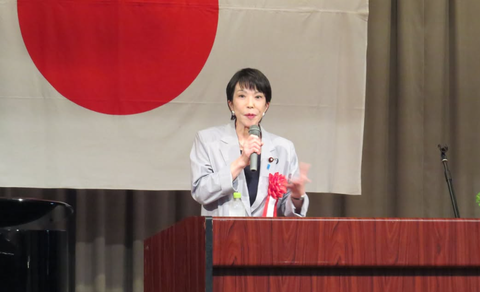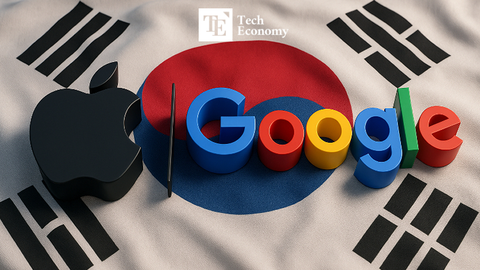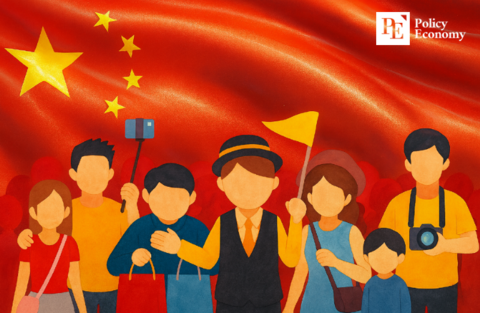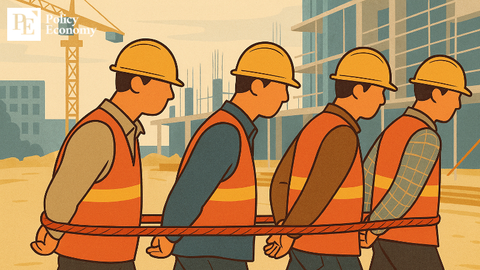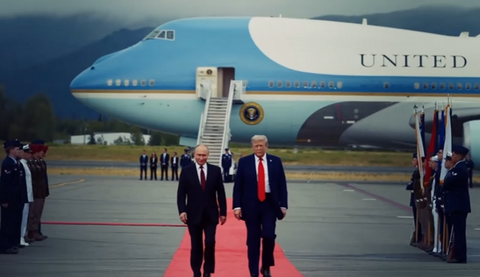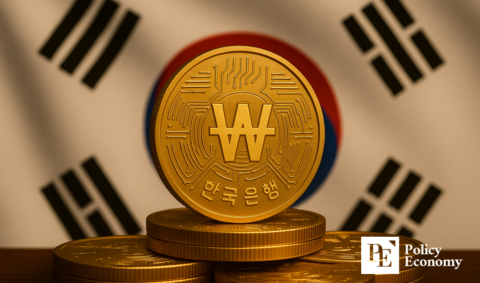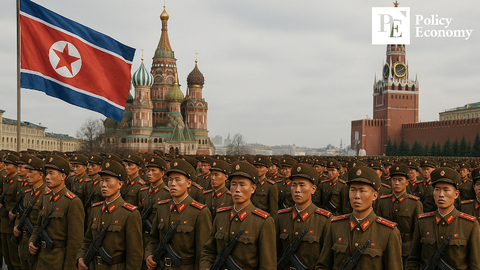U.S.-Russia-Ukraine Istanbul Summit Collapses: Downgraded from ‘Leader-Level’ to ‘Working-Level’ Talks
Input
Changed
Russia appoints aide Medinsky as head of delegation for Ukraine talks Putin claims Zelensky’s term has ended, raises legitimacy concerns With Putin absent, Trump also says “I won’t go to Istanbul”
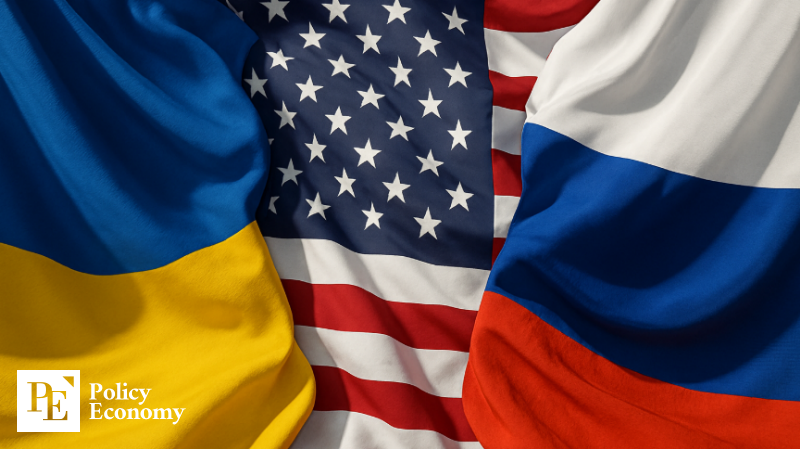
In the third year of the devastating war between Ukraine and Russia, an opportunity for high-stakes diplomacy briefly flickered, then faded. The stage was set in Istanbul, Türkiye, where speculation swirled about a possible trilateral summit involving Presidents Vladimir Putin, Volodymyr Zelensky, and Donald Trump. With global eyes on what could have been a diplomatic breakthrough, expectations soared. But just as quickly, reality intervened: Putin, who had initially proposed the talks, announced he would not attend. Trump, whose participation might have added political gravity to the occasion, promptly followed suit. What had been envisioned as a pivotal leader-level summit dissolved into a lower-tier, working-level meeting—yet another missed opportunity for peace in a war that shows no signs of abating.
From Aspirations of Diplomacy to Delegation Diplomacy
The Kremlin’s announcement on May 14 laid bare Russia’s approach: diplomacy, but without direct leadership. A formal directive posted on its official website—signed by President Putin himself—confirmed that Russia would dispatch a high-ranking delegation to the Istanbul negotiations. Leading the group was Vladimir Medinsky, a presidential aide who had served as a negotiator in earlier rounds. He was joined by Deputy Foreign Minister Mikhail Galuzin, Deputy Defense Minister Alexander Fomin, and Chief of the General Staff Igor Kostyukov—a lineup heavy on military and diplomatic weight, but noticeably lacking the president.
This decision was particularly striking, considering that Putin had personally proposed the resumption of talks in Istanbul just days earlier, on May 11. Responding to the proposal, Ukrainian President Volodymyr Zelensky extended an even bolder invitation—calling on Putin to meet face-to-face. He declared in a national briefing, “We are waiting to see who Russia will send, and we will determine Ukraine’s response accordingly.” Reaffirming Ukraine’s diplomatic posture, Zelensky added, “Ukraine is ready for negotiations in all forms and is not afraid of talks.”
His openness was echoed internationally, especially after former U.S. President Donald Trump hinted at his own potential participation. For a brief moment, the prospect of a three-way summit among the U.S., Russia, and Ukraine sparked hope that diplomacy might break the stalemate.
But those hopes quickly unraveled. Once Russia confirmed that Putin would not attend, Trump also withdrew. According to Reuters, unnamed U.S. officials indicated that Trump made his decision shortly after Moscow released its list of delegates—absent its leader. Nonetheless, the United States remains engaged: Secretary of State Marco Rubio and special envoys Steve Witkoff and Keith Kellogg are expected to represent U.S. interests and mediate between the warring sides.
The absence of both Putin and Trump not only diminishes the symbolism of the gathering—it underscores how deeply entrenched the war’s political deadlock has become.
Putin’s Absence: A Calculated Move Rooted in Zelensky’s ‘Illegitimacy’
President Putin’s decision not to participate appears grounded in his longstanding refusal to acknowledge Zelensky’s legitimacy as president. From Moscow’s perspective, Zelensky’s leadership lacks legal authority. Putin has argued that Zelensky’s term expired in 2024 and that his continued governance, under martial law, is a constitutional overreach.
Ukraine had been scheduled to hold a presidential election in March 2024. But citing national emergency and wartime instability, the government invoked martial law—originally declared after Russia’s full-scale invasion in 2022—to cancel the vote. Ukraine’s constitution allows for the extension of parliamentary terms during wartime, but it is silent on presidential term extensions, creating a legal grey zone that Putin has weaponized diplomatically.
"If they truly wanted to hold elections," Putin insisted, "they would have lifted martial law. But they didn’t want to." To him, the continuation of Zelensky’s presidency under emergency powers represents a deliberate move to extend rule without electoral legitimacy.
Further complicating any chance of direct diplomacy is a 2022 Ukrainian law that prohibits negotiations with Putin. The Russian president has cited this statute as proof that any dialogue between himself and Zelensky would not only lack credibility but also violate Ukrainian law. As such, he has used it to justify his refusal to appear at the negotiating table.
For the Kremlin, this legal and political positioning allows Russia to maintain a veneer of engagement—sending high-ranking officials to negotiations—while simultaneously sidestepping real accountability and avoiding symbolic recognition of the Ukrainian government’s authority.
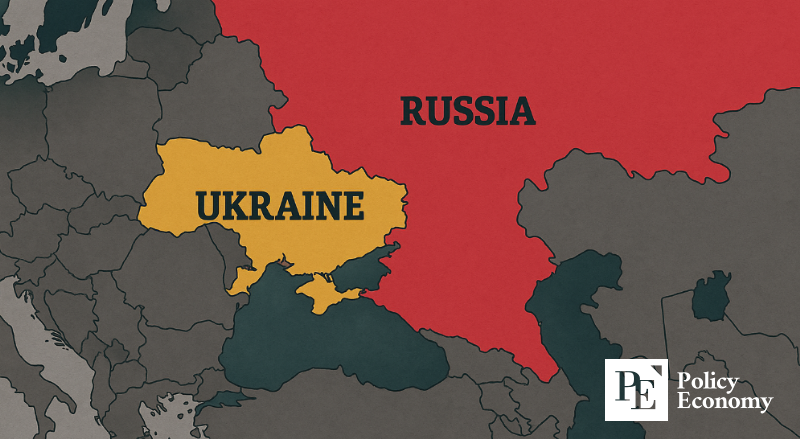
Istanbul: The Symbolism and Stalemate of Peace Deferred
Istanbul is no stranger to wartime diplomacy. Since the outset of the conflict, Ukraine and Russia have met five times, beginning with talks in Gomel, Belarus, and culminating in a high-level negotiation in Istanbul in March 2023. That final meeting held great promise—it was the first time the phrase “peace treaty” was publicly uttered by both sides. The mood was cautiously optimistic. Though planned for two days, the talks concluded in just one, signaling that some degree of compromise had been achieved.
Foreign media reported that tentative terms included:
- Ukraine abandoning its NATO membership ambitions
- Demilitarization of Ukraine
- Binding international security guarantees
- Legal recognition of Russian language rights within Ukraine
However, two explosive issues remained unresolved: recognition of Donbas independence and acceptance of Russian sovereignty over Crimea, annexed in 2014. These sticking points proved fatal to the peace process.
Then came Bucha—a town that would become a symbol of Russian brutality. After Ukrainian forces reclaimed it, the world saw haunting images of massacred civilians, allegedly executed by retreating Russian troops. The atrocity hardened Ukraine’s stance. What little diplomatic space existed collapsed under the weight of grief, anger, and moral outrage.
Now, more than a year later, some of the same figures—Medinsky, Fomin, Kostyukov—return to Istanbul, but this time without their president. The absence of direct leadership and recognition between parties leaves the current talks depleted of transformative potential.
Still, Zelensky’s words resonate. In choosing to remain open to dialogue, even under difficult conditions, Ukraine signals that it has not given up on diplomacy—even when its adversaries refuse to meet on equal terms. Istanbul, once again, becomes a stage for unrealized peace: a place where the war could have turned, but instead circled back to uncertainty.

